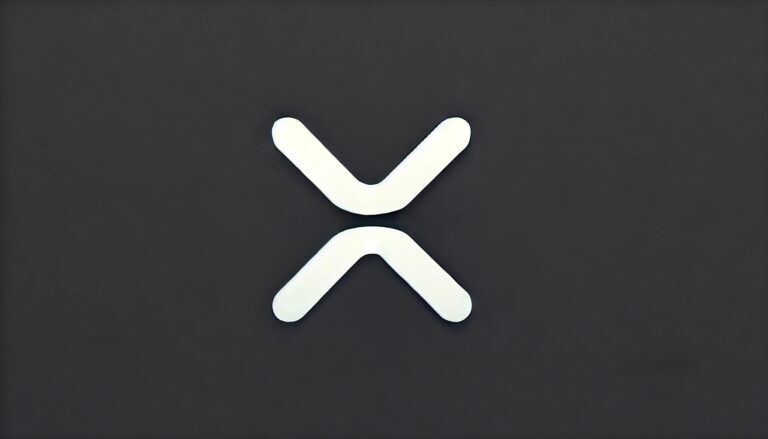On 10 October 2024, Bitnomial Exchange LLC filed a complaint in the United States District Court for the Northern District of Illinois, seeking declaratory and injunctive relief against the U.S. Securities and Exchange Commission (SEC). The complaint centers on what Bitnomial claims is the SEC’s overreach in attempting to regulate its XRP US Dollar Futures contract (“XRP Futures”), which Bitnomial believes falls under the exclusive jurisdiction of the Commodity Futures Trading Commission (CFTC).
According to Bitnomial, it is a designated contract market (DCM) approved by the CFTC and operates an exchange that allows the trading of physically deliverable digital asset futures and options. On 9 August 2024, Bitnomial filed a self-certification with the CFTC to list its XRP US Dollar Futures contract, with plans to make it available for trading on or after 13 August 2024. The contract would allow market participants to buy and sell the right to deliver XRP—a digital asset—at a pre-agreed price on a specific future date.
Bitnomial claims that after it filed its self-certification with the CFTC, the SEC intervened, asserting that the exchange would violate federal securities laws if it listed the XRP Futures contract. The SEC contended that XRP Futures are security futures, which would require compliance with both SEC and CFTC regulations. Bitnomial would also need to register as a national securities exchange (NSE) and submit to SEC oversight.
Bitnomial says the SEC’s argument hinges on its view that XRP is an investment contract and, therefore, a security under the Securities Exchange Act of 1934. According to the complaint, the SEC’s position is that because XRP constitutes a security, futures contracts based on XRP are security futures and are thus subject to the SEC’s jurisdiction.
Bitnomial disagrees with the SEC’s classification of XRP. In its complaint, Bitnomial highlights that the Southern District of New York previously ruled against the SEC’s position, determining that XRP was not a security when traded on secondary markets. Bitnomial argues that its XRP Futures contract involves secondary market transactions and, therefore, should not be subject to SEC jurisdiction.
Even if XRP were considered a security, Bitnomial contends that it would be impossible to meet the requirements necessary to list the XRP Futures contract as a security future. It says that to list such a contract, the issuer of the underlying security—in this case, XRP—must register the security under the Securities Exchange Act. It goes on to say that since XRP is not registered as a security, Bitnomial, as a futures exchange and not the issuer of XRP, has no authority to register the asset. Therefore, Bitnomial claims that the SEC has effectively blocked the listing of XRP Futures by creating an insurmountable regulatory barrier.
In its filing, Bitnomial seeks a declaratory judgment from the court under the Declaratory Judgment Act, asking for confirmation that XRP Futures are not security futures and are subject solely to CFTC regulation. Bitnomial argues that this judgment is necessary to prevent the SEC from enforcing its interpretation of the law, which Bitnomial claims would unjustifiably expose it to enforcement actions for listing the product. Bitnomial states that it has already invested significant time and resources in preparing the XRP Futures contract for listing, complying fully with CFTC requirements. The SEC’s actions, according to Bitnomial, threaten to undermine those efforts.
In addition to declaratory relief, Bitnomial is also seeking an injunction to prevent the SEC from asserting jurisdiction over XRP Futures or pursuing any enforcement action related to the product. Without such an injunction, Bitnomial argues that it faces ongoing hardship and financial losses as it navigates the regulatory conflict between the SEC and CFTC. The complaint emphasizes that without judicial intervention, the SEC’s actions could not only impede the listing of XRP Futures but could also affect Bitnomial’s ability to list other digital asset futures in the future.









